Realism and its Principles:
Realism started at the end of the sixteenth century and took its shape by the seventeenth century. It is getting stronger with the walk of scientific knowledge. New industrial concerns were being begun and the old and medieval deals were being abandoned because of their unusefulness and so there was a revolution in social, political and economic fields of Europe and a new era in vogue.
Meaning of Realism- In the words of Swami Ram Tirtha- Realism means a belief or theory which looks upon the world as it seems to us to be a mere phenomenon. The name of realism proposes that it is an “ism” believing in the usefulness of the world and the material existence is its field of action.
Fundamental Principles of Realism-
(1) Idealists say that what we see in the world is real. The realists oppose it. They disapprove of the theory that God is true in the world of falsehood. They definitely say that reality in the world cannot be forsaken.
(2) The greatness of a human being is in his present life. The realists do not believe in idealist and unreal theory, which has no relation with the present life. They opined that the truth of life and the aim of life is in the development from the present unsystematic life. Ruskin says, “The aim of new Realism is to expound a philosophy which is not inconsistent with the facts of common life and with the development in physical science”. Realists believe that idealism and philosophy are not useful factors of life.
(3) The knowledge is real and can be assimilated by the human being. The idealists believe that real knowledge can be had through the organs and that is the reality. Russell and Whitehead have also propounded that the source of knowledge is feeling.
Organic Theory- The famous realist Whitehead says “There are organs in all the living and unliving things of the world, and there is a kind of wave movement amongst all things and their appearance is due to that movement. The principles of Science are everlasting but Realism is the resultant of the everlasting reality and that is the point where realism defers from idealism. The realists feel that the wake of mind and the movement is nothing but an organic reaction”.
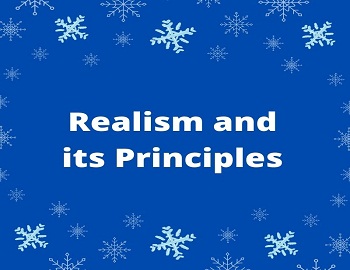
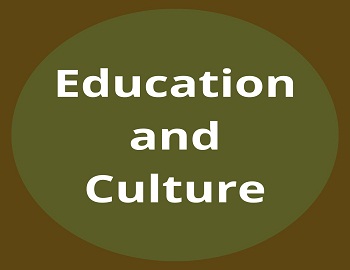

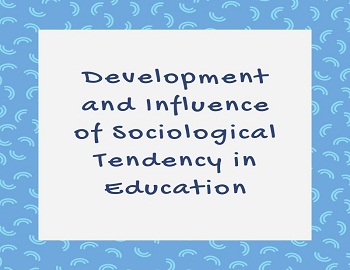



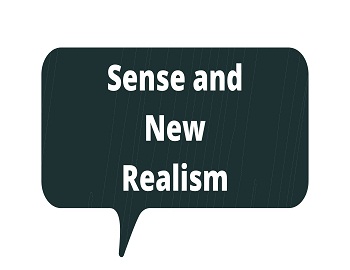
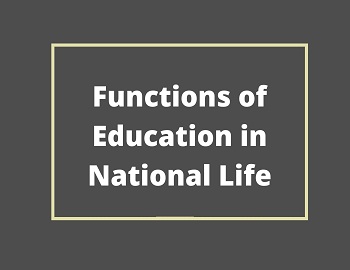
Comments (No)